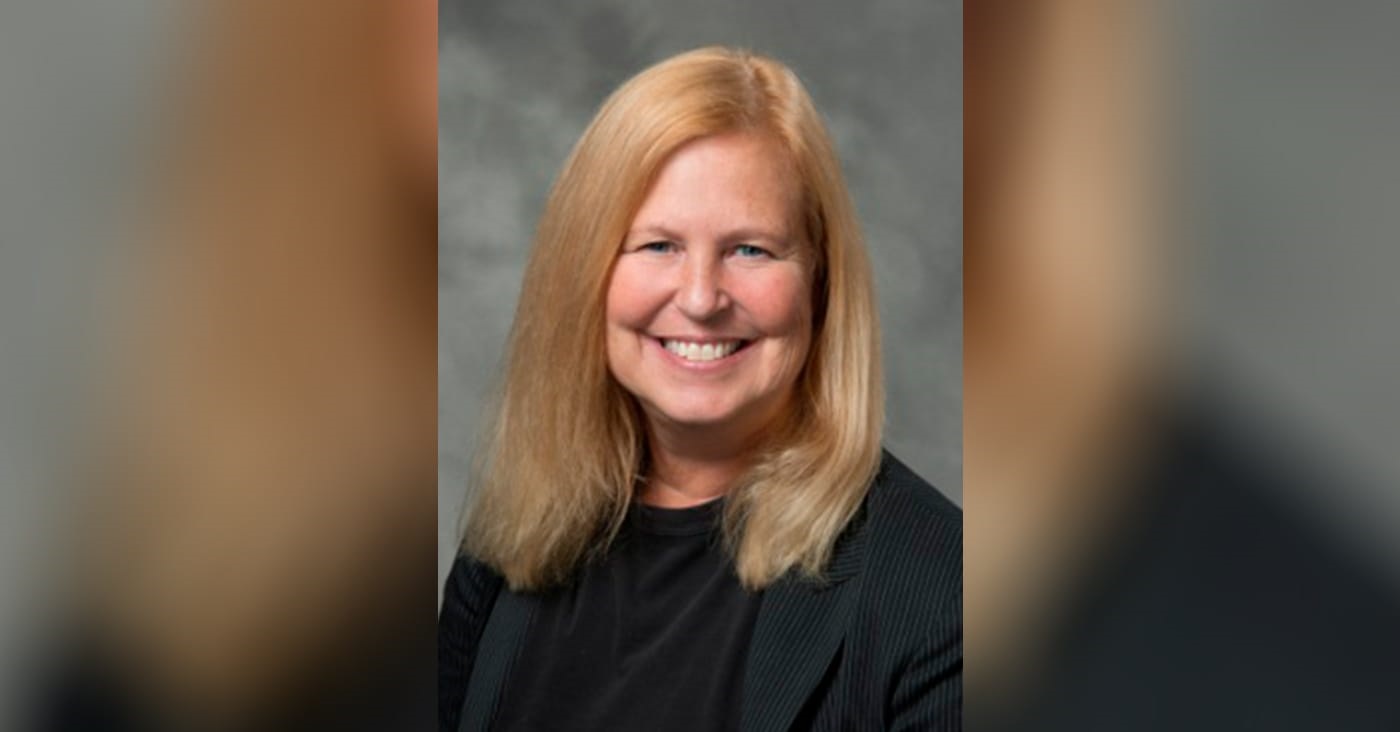With 42 years of experience as a nurse, a PhD in nursing and seven years’ experience as the secretary of the Consortium for Humanitarian Service and Education, Sharon White-Lewis has plenty of history in healthcare. However, no amount of training could have prepared her for the spring of 2020.
“We haven't had an emergency on this scale before,” she says. “When COVID-19 hit, I just wanted to help.”
Rising to the occasion
As a unit leader for the Medical Reserve Corps (MRC) in Kansas, a national network of medical volunteers, Sharon sprang into action.
“At that time, it was really just six people working at the MRC in Kansas City,” she says.
But in order to pull off the large-scale testing and vaccination sites needed, they had to recruit a lot more volunteers.
Thankfully, Sharon had connections to the local Rasmussen University nursing program and was able to get students to fill volunteer positions at the MRC, exponentially growing their team.
And as a result, Rasmussen students were able to get firsthand experience in the field.
“Students got the opportunity to see mass vaccination, medical point of distribution areas and how incident command works. Leadership students were able to talk to real leaders and see how they put it all together,” she says.
Within one month, Sharon was made the head of the Medical Reserve Corps for Kansas City, and by January of 2021, Sharon became the dean of nursing for both Rasmussen University Kansas campuses.
Receiving the Susan Brockmann-Bell Humanitarian Award
Even with enough volunteers, however, the MRC still struggled to get enough supplies.
“We had to actually reinstitute the Public Health Department for the City of Independence to be able to get vaccines through them,” Sharon says.
Between organizing testing and vaccination sites, completing volunteer background checks, arranging liability insurance and workers compensation for all volunteers, identifying vulnerable populations, and so much more, Sharon’s hard work made a huge difference.
Amazingly, she estimates that the MRC saved the Kansas City metro area over half a million dollars in volunteer hours and helped vaccinate thousands of people.
In April 2021, Sharon received the Susan Brockmann-Bell Humanitarian Award, designated for those who have demonstrated a humanitarian spirit through their commitment to improving the quality of life for patients.
Though her accomplishments are truly admirable, Sharon says that her proudest moments come from watching her students return to help their communities.
“It really was a huge team effort,” she says, “and everybody at MRC deserves the kudos for this. And the students definitely deserve kudos.”
Planning for after the pandemic
Though the pandemic is nearing an end, Sharon’s work is not yet over. She continues to meet with the MRC every week to discuss how they can best serve their communities.
“Now that the mass vaccination sites aren't working as well, we're doing outreach to the homebound and vulnerable populations,” she says.
As she looks toward educating future leaders in emergency response, it’s clear that Sharon is motivated by a true sense of purpose.
“The most important thing is to just take care of the people,” she says. “If that is your goal, then everything comes out fine.”

